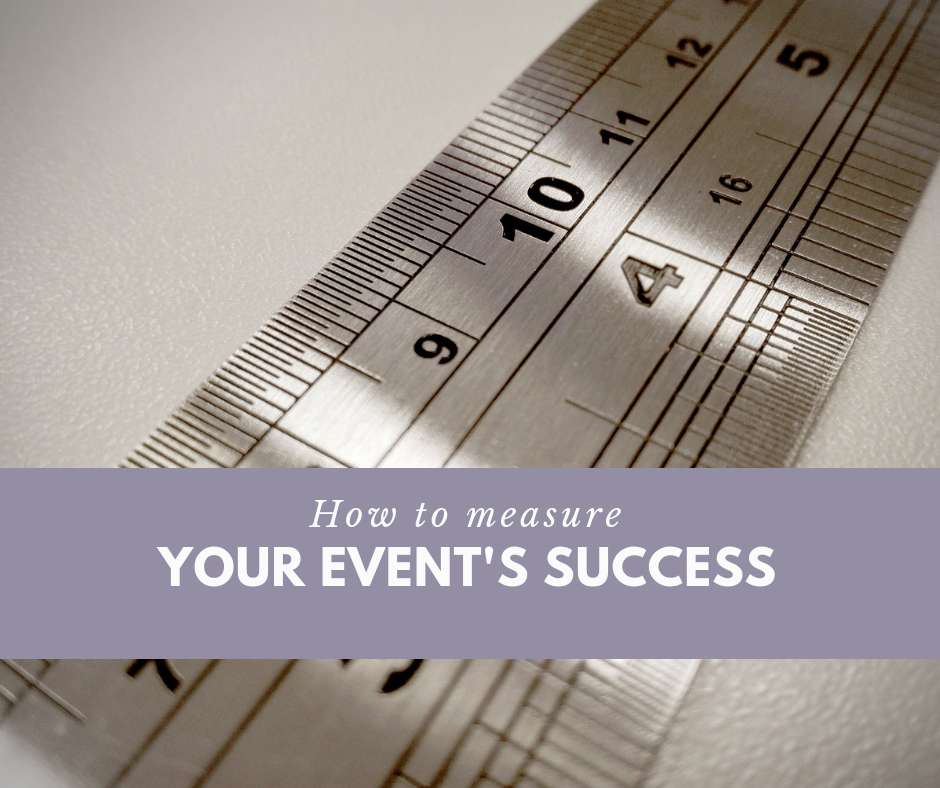|
Once the last event attendee has left and the vendors have packed up, go ahead and put your feet up. Only for a minute or two, though. The event may be done, but that doesn’t mean the work of an event planner is complete. Every event should include an evaluation or survey that helps you determine whether the event accomplished what you set out to do. Consider evaluations your reality check. They confirm whether you’ve done what you wanted to do and help improve your next event or program. After all, we don’t plan events or programs for ourselves or because we’ve always done it. Events fall flat if the participants didn’t learn anything or didn’t enjoy the day. If you’ve done your homework and established a great strategy, you’ll want to know what participants thought. This can be easier said than done. After all, we want to know everything: What lessons did we learn? Where can we improve? Did we meet participants’ expectations?
The more I research why and how to evaluate, the more I realize how overwhelming it can be. It’s equal parts science and art. To start, as planners we want to evaluate measurable outcomes. Easy Ways to Ask One of the easiest ways I’ve found to evaluate an event or program is by using a Net Promotor Score (NPS). Many software and product companies use this method for feedback, but it’s relevant for gathering input from event participants, too. NPS is a simple one-question, 10-point scale survey with an option for participants to add comments. Essentially, you ask participants how likely they are to recommend your event to friends and colleagues on a scale of 0 to 10. There’s a formula for calculating your overall score, but the higher the number, the more likely your event was a success. An NPS score won’t be helpful in all situations. If you have specific goals, be sure to ask questions related directly to those. For example, if your goal was to attract women between the ages of 30 and 45, gather demographic information in your survey. If you promised your sponsors that participants would become more involved in your community after attending the program, ask participants whether that is happening. Some common survey questions:
When and How to Gather It’s best to get feedback while the activity is fresh for the participant. (Of course, you need to have your survey ready to go before the event takes place. This isn’t the time to procrastinate.) Consider asking attendees to fill out a short survey at intermission or between topic changes during an in-depth seminar. Send a survey by email the morning or evening after a day-long conference. Evaluations can happen in person, in writing or by email. Interview parents while kids are occupied with an activity. When the event is done, collect a written survey placed in the program. Send a survey a day or two later by email. Be sure to ask participants, planners, and committee members to respond to your evaluation. Keep in mind that the separate surveys may need to be sent to each of these distinct groups. After all, you may want to gather different information from each of these groups. They all view the event from a different perspective and deserve to be heard. No, your event isn’t done until your post-event evaluation is. Embrace the feedback and make your next event even better. – Rachel
0 Comments
Your comment will be posted after it is approved.
Leave a Reply. |
Reach PartnersYour partners in leadership. Categories
All
Archives
July 2024
|
|
|
Reach Partners, Inc
3330 Fiechtner Dr. Suite 100 Fargo, ND 58103-2321 701-271-8170 Copyright (C) 2024 Reach Partners Inc.
|

